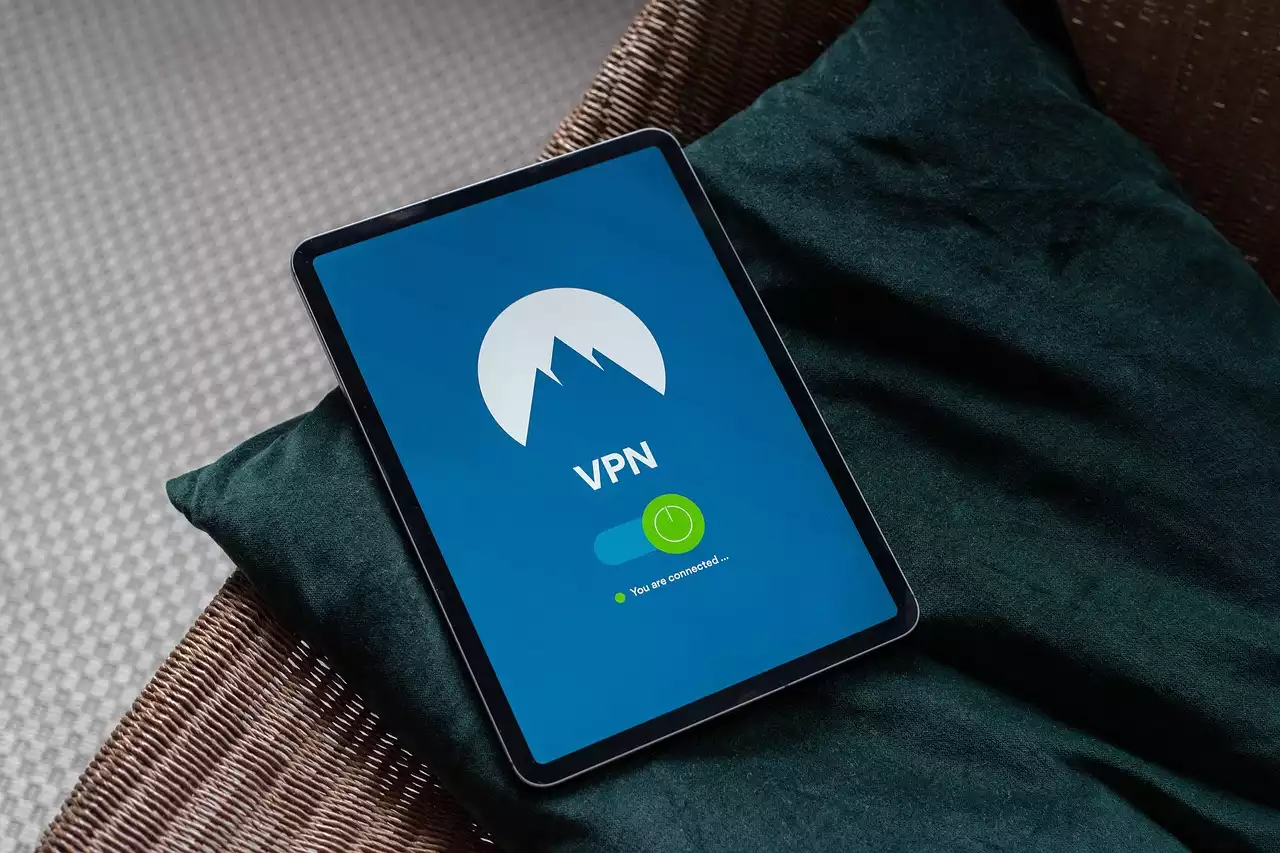What is home automation?
Home automation is the process of controlling and monitoring your appliances, lights, and other fixtures from one central location. It is also referred to as “smart home” technology or “connected home” technology, which encompasses both automation and the Internet of Things (IoT). The IoT refers to smart devices that can communicate with one another. This can include home appliances, security systems, lighting, and appliances. Home automation can be centralized either within one system or across several systems. Centralized systems may be controlled using a smartphone app, computer, or voice-activated device. This enables users to control lights, music, and other features, as well as monitor their home remotely.
Cost of home automation
Home automation can be expensive, especially if you are retrofitting an existing home. New construction may be less expensive and offer the option of choosing a pre-wired system. Depending on the type of system you choose and installation costs, home automation can cost between $1,000 and $10,000. Many home automation systems also require a monthly subscription fee to operate, such as for monitoring and maintenance. Keep in mind that the upfront cost for home automation is just the beginning. You may also have to maintain and replace certain components over time, such as if a sensor malfunctions.
Cyber security risks
Home automation systems offer a variety of benefits, including increased safety and better energy management. There are, however, certain cyber security risks associated with these systems. These include:
- Hacking: A hacker may be able to gain access to your home automation system and cause problems including shutting down power to your home. This is more of a concern with internet-connected automation systems than those that are not connected to the web.
- Identity theft: A hacker may be able to infiltrate your home automation system and gain access to your personal information. Again, this is more of a concern with home automation systems that are connected to the web.
- Privacy invasion: Some home automation systems may be vulnerable to security breaches that allow hackers to access your private information, including video feeds and images captured by sensors in your home.
- Incompatibility: As the home automation industry grows, there is a risk that systems will become incompatible. This could cause your system to malfunction or discontinue working altogether.
Reliability and maintenance
It is important to consider the reliability of your home automation system. If a sensor malfunctions or fails, it could compromise the safety of your home and loved ones. If you are dependent on a subscription service for monitoring, you may be without assistance if the company experiences a system failure. If your system relies on the internet, there is also a risk of interruption in service. Additionally, you will likely need to pay for repairs and system maintenance, which can be costly. Some home automation systems are more reliable than others. Wired systems are generally more reliable because they do not rely on the internet. Wired systems, however, may require professional installation, which can increase the cost of the system. It is also important to consider that sensors in wired systems may need to be replaced over time.
Privacy concerns
Home automation systems can be helpful and convenient, but they also have the potential to invade your privacy. Some systems are internet-connected and may be vulnerable to hacking, which could allow hackers to access your personal information, including video feeds and images captured by sensors in your home. Additionally, certain home automation systems may be designed to collect and store data that you may not want to share with your service provider. Before choosing a home automation system, it is important to understand how the system operates and what information is collected.
Pros and cons of home automation
Home automation has many benefits, including energy efficiency, improved safety, and convenience. However, it also has certain drawbacks to consider, including the cost of installation and maintenance and privacy concerns. Home automation systems are powerful, but they may also lack the responsiveness of traditional systems. For example, if a smoke or carbon monoxide sensor sounds, you may not be able to shut it off from a smartphone app. You may also need to install a professionally monitored system from the start, which can be expensive. Before investing in a home automation system, it is important to weigh the pros and cons.
Types of home automation systems
There are a variety of home automation systems available, including wired and wireless systems. Wired systems are connected to your home’s electrical grid and do not require an internet connection. Wired systems have a high upfront cost and some require professional installation. Wireless systems connect to your home’s internet connection and do not require a wiring system. Wireless systems are generally less expensive than wired systems and can be installed by a DIY homeowner. Home automation systems can be centralized or distributed. Centralized systems are controlled by one hub and can be integrated with other systems, such as smart speakers and other smart devices. Distributed systems are controlled by individual devices, such as lights and switches.
Home automation setup tips
Before installing a home automation system, it is important to consider what you want to automate and what functionality you want each device to have. This will help you decide which system is right for your home. It is also important to understand your energy usage and how home automation can affect it. For example, if you have an irrigation system that is controlled by an automation system, you need to make sure that the system does not shut off your water for too long. To set up your home automation system, you will need to install sensors or wall switches and connect them to a hub.










